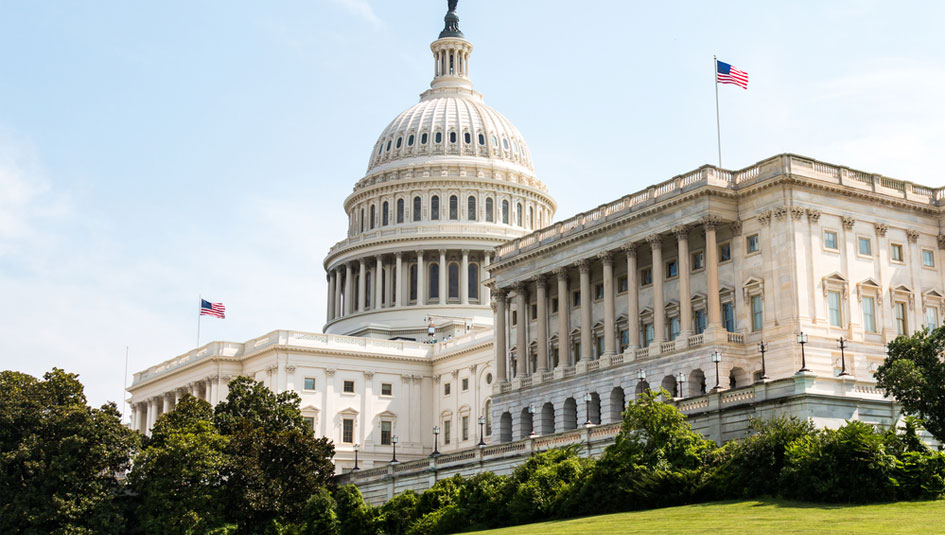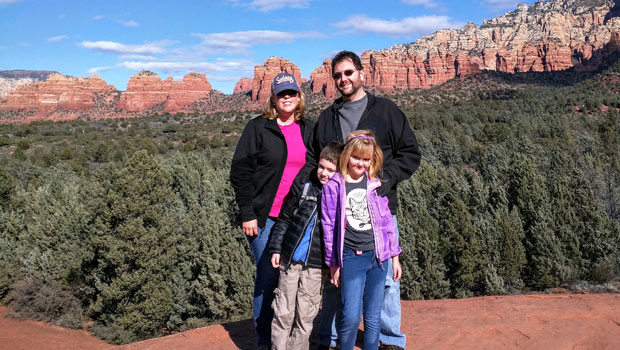Why Congress Needs to Renew the Special Diabetes Program

The Hill published the following opinion piece from JDRF President and CEO Derek Rapp and Stacy A. Bohlen, CEO of the National Indian Health Board, on February 2, 2018. Rapp and Bohlen address the need for Congress to renew the Special Diabetes Program. Insulin Nation readers can take action at www.JDRF.org/SDPnow to urge Congress to renew the Special Diabetes Program.
Congress needs to finish the job and renew the Special Diabetes Program
Derek Rapp and Stacy A. Bohlen
The Hill
February 2, 2018
Congress had the foresight to create the Special Diabetes Program to address the growing burden of diabetes on millions of American families and our nation’s economy. As a result, the program has become the nation’s most successful, strategic, and comprehensive effort to combat diabetes and bring us closer to a cure. Yet, last fall during its funding fights, Congress allowed the SDP to expire for the first time ever despite wide bipartisan support.
The SDP is one program with two initiatives: the funding program for type 1 diabetes research at the National Institutes of Health (NIH), and the Special Diabetes Program for Indians (SDPI). SDPI funds treatment, education, and prevention programs for American Indian and Alaska Native communities, which are disproportionately affected by type 2 diabetes. Congress typically renews both initiatives together at $150 million each per year, a small amount in the context of the federal budget but one that has a huge impact. However, despite being in administration’s budget proposal and having widespread congressional support – the SDP has the support of more than 70 senators and more than 300 representatives – the program was allowed to lapse on Oct. 1. So far, only short-term funding has been put in place until a wider budget deal can be made.
There is every reason why the SDP should be fully funded in the upcoming continuing resolution that keeps the Federal government operating beyond Feb. 8.
It’s time for Congress to finish the job. With 75 percent of the SDP research slated for this fiscal year currently unfunded, critical research is on hold and may stop if Congress does not act.
Multiple-year funding is essential to continue large-scale, multiple-year trials, proactively plan next steps for research programs, and allocate research dollars most effectively. The SDP currently provides grants for more than 300 programs in Indian Country that already have had remarkable outcomes, including reducing average blood sugar levels, decreasing the incidence of heart disease, significantly increasing the promotion of healthy lifestyle behaviors, and a 54 percent decline in the rate of end-stage renal disease in Tribal Nations.
Without these funds, thousands of patients in Indian Country will have nowhere to turn for diabetes help, placing additional burdens on the drastically underfunded Indian Health System – and costing lives. The instability in funding will mean staff losses for SDPI programs and unreliable care for patients who depend on this life-saving program.
Additionally, research to help current and future generations will be set back years without the continuation of program funds. In fact, one of the greatest advances in diabetes care in a generation – the development of first generation artificial pancreas systems to automatically control blood glucose levels – is in part the result of the SDP. One system is on the market now and several other versions are to come in the future.
Last summer, the Senate Special Committee on Aging held a hearing on the progress generated as a result of this program. A mother of a teenager with type 1 diabetes testified how new technology has given her son the best blood sugar control of his life – and her family desperately needed peace of mind – a development that would not have been possible without the Special Diabetes Program.
The SDP is arguably one of the greatest public health programs ever created, taking a small amount of federal funds, and achieving a strong return on the investment of federal dollars. Its long-term renewal must be included in the Feb. 8 funding bill.
We call upon Congress to renew the SDP now so that these critical, life-saving programs can continue. There is literally no time to wait.
Stacy A. Bohlen is the CEO of the non-profit National Indian Health Board and Derek Rapp is President and CEO of JDRF, the leading global organization funding Type 1 diabetes research.
Do you have an idea you would like to write about for Insulin Nation? Send your pitch to submissions@insulinnation.com.
Thanks for reading this Insulin Nation article. Want more Type 1 news? Subscribe here.
Have Type 2 diabetes or know someone who does? Try Type 2 Nation, our sister publication.







